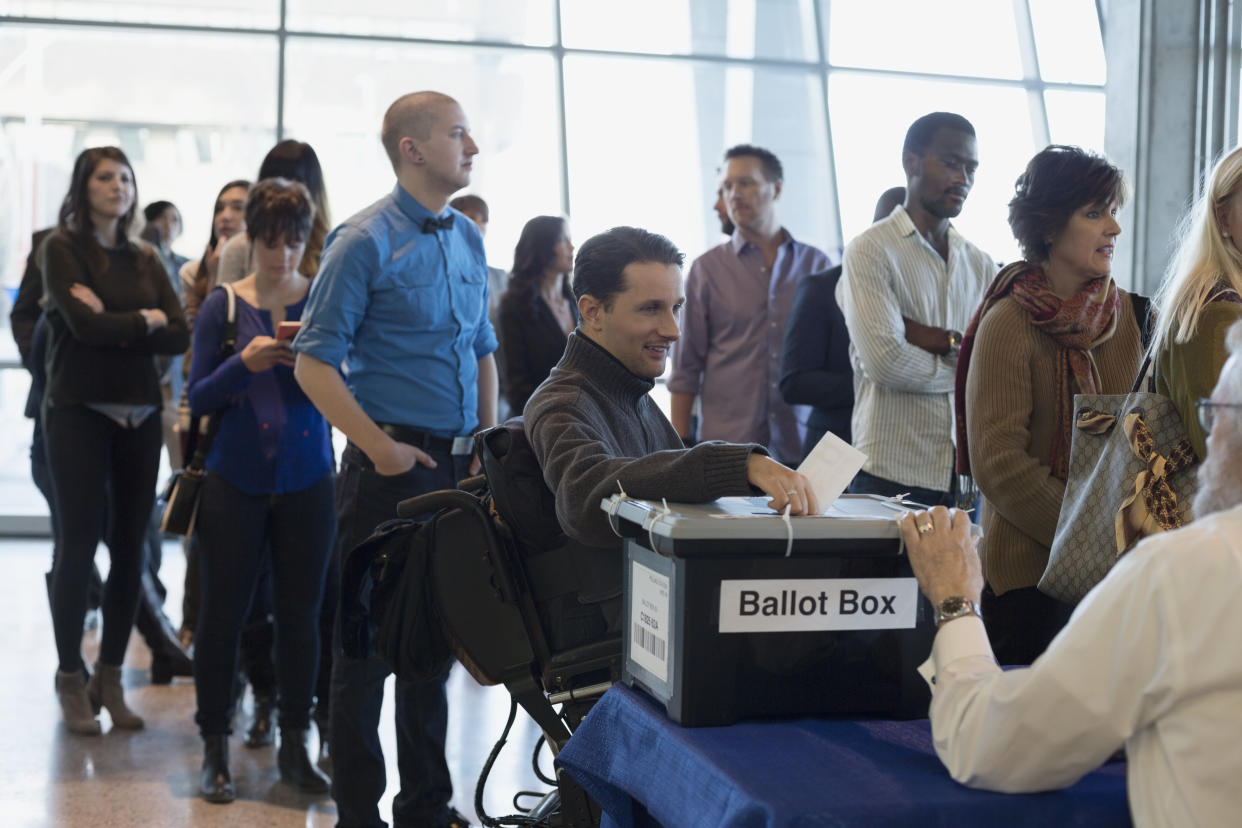Why it's not difficult for 'fringe' groups to gain party status

Last week, the far-right group the Canadian Nationalist Party (CNP) reached official party status, leaving some across the country feeling unsettled.
The new status of the group, which says it wants Canadians of European descent to maintain a demographic majority and calls for a cap on immigration, gives Elections Canada the right to release the records of party members' names and addresses to anyone who asks. In turn, the Canadian Anti-Hate Network has promised to release that information online.
What some might not realize is that the requirements of getting a party on the ballot are not particularly stringent.
In fact, a party only needs 250 supporters who agree to put their names and addresses on a list in order to register to run in an election. A party looking for official status also has to prove that it plans to run one or more candidates in an election.
“Lots of parties of various kinds field elections,” Tamara Small, an associate professor of political science at the University of Guelph, tells Yahoo Canada News. “They field them from various perspectives. The Communist Party, for example, is one of the oldest parties in Canada.”
Other examples of so-called fringe parties include those that focus on single issues, like the Marijuana Party and Animal Protection Party of Canada, which is dedicated solely to the protection of animals and the environment.
Given the current political climate internationally, Small says it isn’t a shock that the CNP is establishing itself politically.
“Small right-wing parties like this have been in ballots all over Europe for decades,” she says. “It is now a more topical issue in Canada than it’s been in a long time, so the idea that a party would come to represent this is not surprising since it’s now a thing.”
However, smaller parties generally don’t have an impact come election time.
The total percentage of the vote these parties accumulate ends up being small, largely as a result of the “first past the post” electoral system. In Canada, voters mark their candidate of choice on a ballot and the candidate who gets the most votes, wins.
So why do smaller parties bother putting in the effort to get on the ballot? Small says it has a lot to do with getting an agenda across.
“Elections are a time when citizens are really focused on the messages of media and therefore, it’s a time for those smaller parties to get their messages out,” she says. “For some people, it’s worth the effort. ”
Do you typically vote for “fringe” parties? Let us know in the comments.

